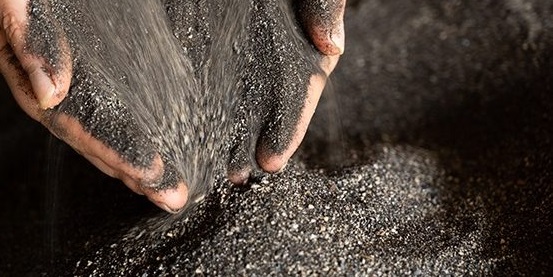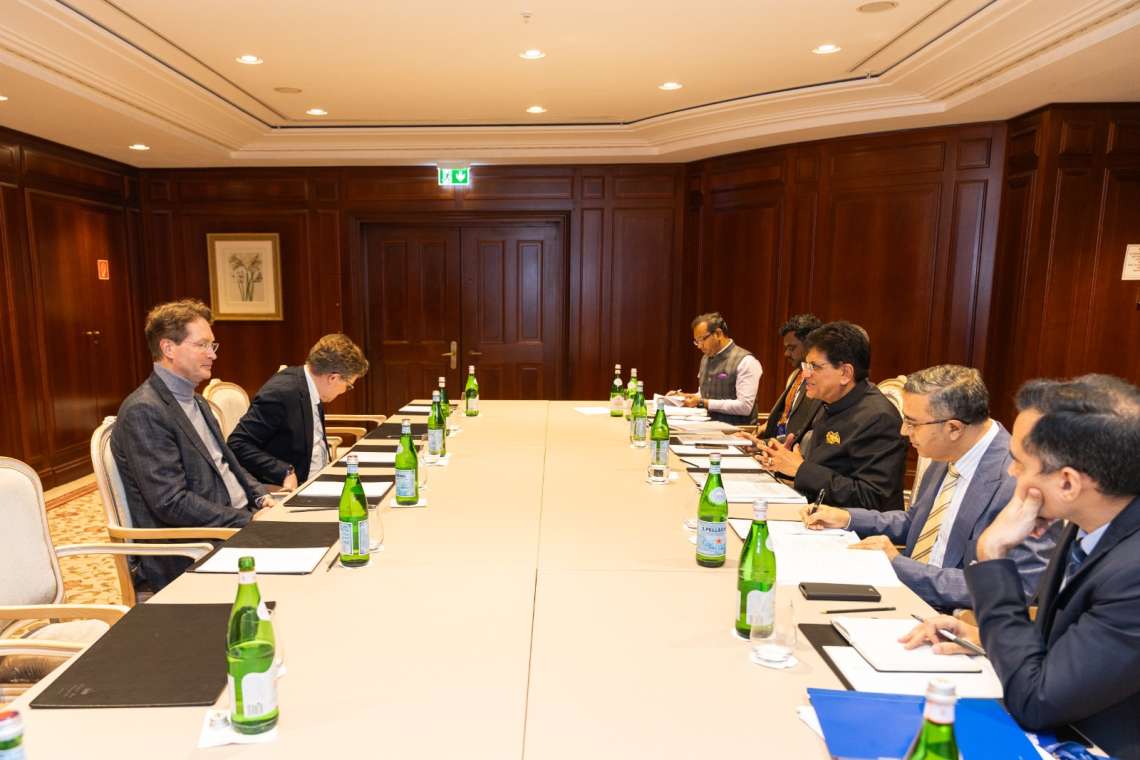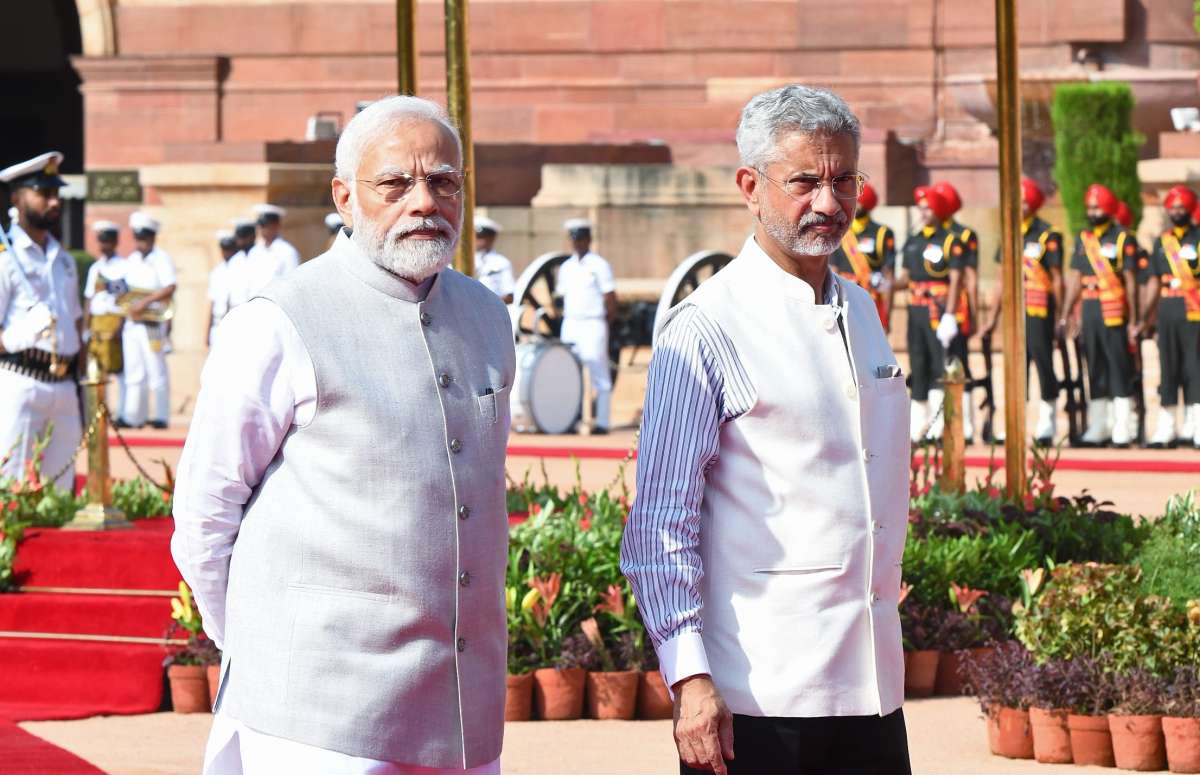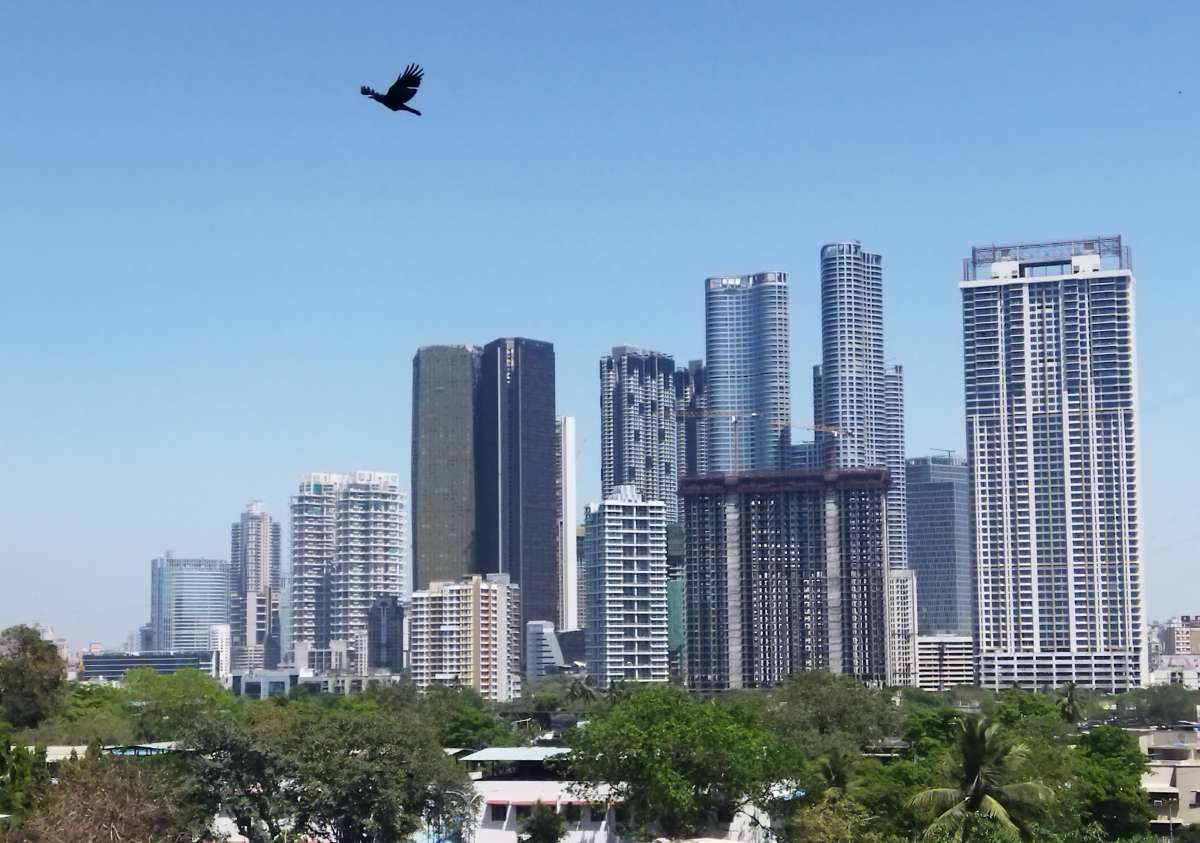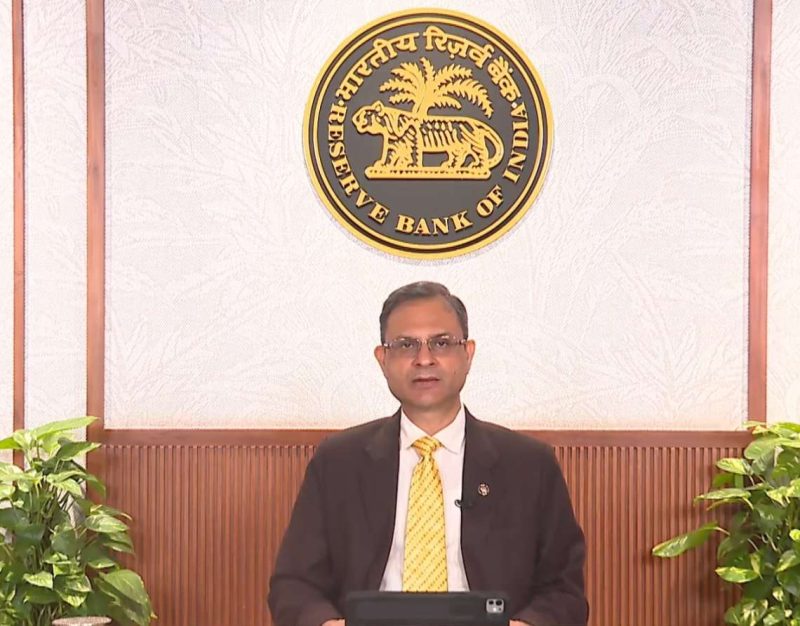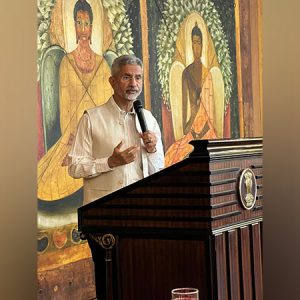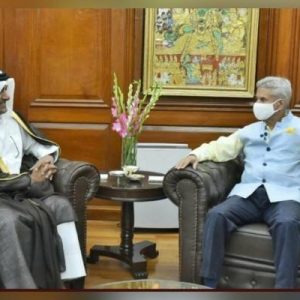Sitharman said that the mandate for the Critical Mineral Mission will include technology development, a skilled workforce, an extended producer responsibility framework, and a suitable financing mechanism…reports Asian Lite News
Union Finance Minister Nirmala Sitharaman, presenting the Budget 2024-25 on Tuesday, announced the setting up of a Critical Mineral Mission for domestic production, recycling of critical minerals, and overseas acquisition of critical mineral assets.
The step will give a major impetus to India emerging as an alternative to China in the supply chain for this crucial input for manufacturing high-tech electronic products.
Critical minerals such as lithium, chromium, nickel, graphite, cobalt, titanium, and rare earth elements are essential raw materials for sectors like electronics, electric vehicles, renewable energy, defence and high-tech telecommunications.

Sitharman said that the mandate for the Critical Mineral Mission will include technology development, a skilled workforce, an extended producer responsibility framework, and a suitable financing mechanism. She also said the government will launch the auction of the first tranche of offshore blocks for mining, building on the exploration already carried out. Currently, the extraction of critical minerals is dominated by a few countries such as China which makes the supply chain vulnerable to geopolitical uncertainties. India is viewed as part of the alternative supply chain that needs to be developed to break China’s dominance in this crucial segment.
The Narendra Modi government has accelerated the exploration of critical minerals in India over the last two years as a result of which over 100 critical mineral blocks are now in the pipeline and will be put up for auction to mining companies.
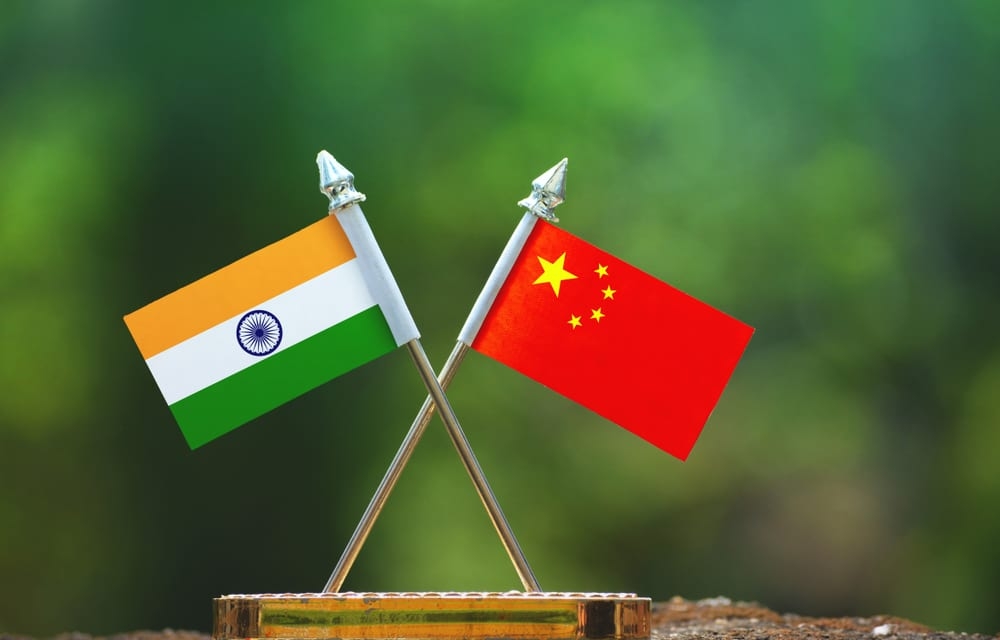
India is also working in close collaboration with Australia, the world’s top producer of lithium accounting for as much as 47 per cent of the mineral. A government-to-government agreement has been signed between the Ministry of Mines and DSIR under which five projects of lithium and cobalt have been selected where project feasibility is being carried out.
KABIL, a Joint Venture Company formed by NALCO, HCL and MECL – all Central public sector enterprises under the Ministry of Mines – is entrusted with the important mission of identifying, exploring, acquiring, and developing critical and strategic mineral assets overseas.
An international summit was also held in Delhi at the end of April this year to woo foreign investors with details of fiscal and non-fiscal incentives being offered to push growth in the sunrise sector. The steps announced in the Budget will help to accelerate the country’s march to achieving the goal of securing the supply of critical minerals to take forward its green energy transition and emerge as an important part of a more global supply chain.


